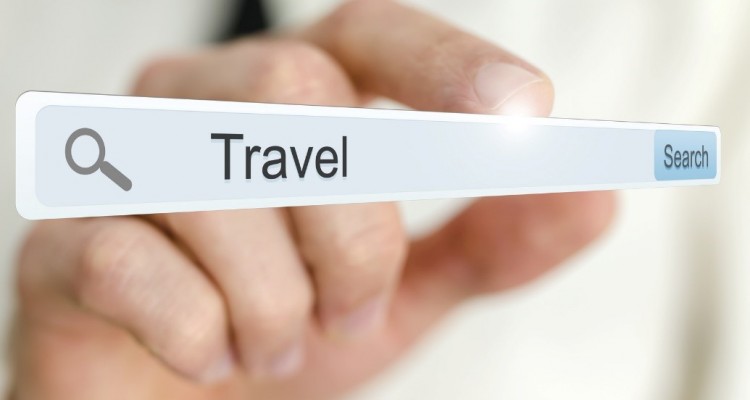
Smart travel, a new way to travel
Sun and beach tourism is going out of fashion. A new generation, the millennials, has joined the market and is implementing a new form of consumption. One of the trends that this population segment is making fashionable is called smart travel, which is based on three cornerstones: technological innovation, accessibility and sustainability.
Technological innovation as key
We now arrange our holidays on our smartphone and it’s users who look for information about destinations, prices, accommodation availability and the activities they can do at their destination. This is why hotels that do not have sufficient digital skills will gradually find themselves left out of offers, as the 3.0 traveller almost won’t consider any other option that is not available on their mobile phone.
According to the eCommerce 2016 annual report compiled by the IAB, Spain has 16 million online customers, with 66% preferring to buy online despite having the shop option. This study also reveals that 29% buy on their smartphone.
It’s no longer enough to have a website with information about the hotel and prices, customers have to be able to do everything on their smartphone. In this sense, thanks to the use of artificial intelligence, travel comparison sites are grabbing a large share of the market, as they offer tourists the best price when they book, buy a flight and hire a car at their destination.
Booking, Kayak and Skyscanner are just some examples of big companies in the sector that now have their own chatbots. A report by the Gartner consultancy predicts that by 2020, 85% of contact between customers and companies will not involve human employees.
Accessibility and Sustainability
People with reduced mobility no longer have more problems than those derived from using a wheelchair or having a visual impairment. The traveller 3.0 or smart traveller looks for accessible destinations, ones that have no architectural barriers and with rooms, dining rooms and other rooms that have been adapted.
Another characteristic of smart travel is sustainability. New generations are more aware than ever of preserving the environment. Therefore, establishments that look after the environment and are committed to nature will be more likely to secure bookings. Hotels that use furniture made from recycled materials, that have low-consumption electricity systems and that save water and even irrigate their gardens with recycled water, will be more attractive to the new smart traveller.
The importance of social media
Artificial intelligence is becoming more important in tourism. For millennials, one of the most important factors when choosing a destination are the comments left by friends and acquaintances on social media. Evidence of this is that if a hotel doesn’t have a profile or the necessary online presence, users will find it difficult to consider it as somewhere to spend their holidays.
As a result of all these changes, the type of stay has also changed and one of the fastest-growing trends is active holidays. The 3.0 traveller wants to know about where they are going and do activities to learn more about the gastronomy and setting that will help them explore the natural environment and discover the culture of their destination. So, for the 3.0 traveller their journey starts the moment they begin planning it, looking for comments and reviews on social media, looking at photos on apps and even sharing transport with other travellers they don’t know who are going on the same journey, through carpooling and carsharing offered by networks such as BlaBlaCar.
Smart travel is gaining ground as one of the trends in the sector. Companies and establishments that do not bring all these technological advances on board will be left out of the market because smart travel is no longer the future, but the present for a sector that needs to adapt to the demands of a new type of consumer.
















